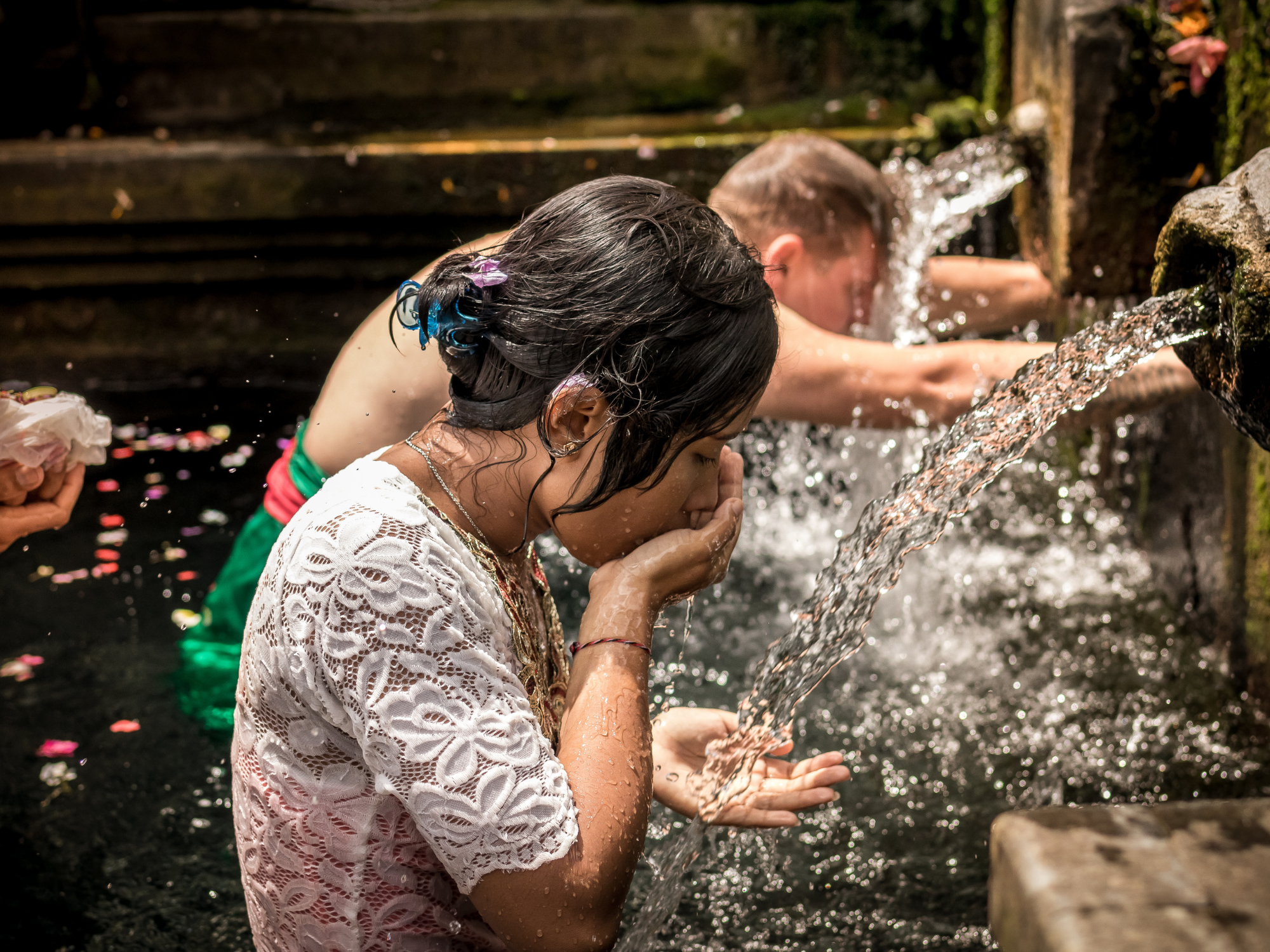Thanks to the United Nations, since July 2010, access to drinking water has become a human right. As the former Secretary-General of the United Nations (UN), Kofi Annan, access to drinking water is “a basic human need and, therefore, a basic human right. Impure water compromises physical and social well-being. It is an affront to human dignity. » [1]
Today, much progress has been made, but it is still very insufficient. The Covid-19 pandemic has shown the urgent need for access to water to wash hands properly. For two years, we have known that good hand hygiene is essential to fight against the spread of Covid-19 and other infectious diseases. However, the WHO claims that three out of ten people in the world were unable to wash their hands at home during the pandemic [2].
According to UNICEF and WHO, drinking water supply, sanitation and hygiene services will not be accessible to billions of people around the world if the rate of progress is not quadrupled by 2030.
Drinking water poverty in the world
The lack of drinking water is often synonymous with poverty, disease and death. Consumption of unsafe water is one of the leading causes of death in the world. Today, more than 2.6 million people die each year for this reason. Solidarités international, a major player in the fight for water, has provided frightening figures on the disastrous consequences of the absence of drinking water throughout the world [3]:
- 29% of the world’s population still do not have access to drinking water;
- 5 people die every minute from water-related diseases;
- 2 billion people do not have adequate toilets;
- Nearly 1/4 of the world’s population is in a situation of severe water stress.
A critical situation
With the growth of the world’s economy and population, the demand for drinking water is growing. On the one hand, we have agriculture and industry, which increasingly need water, and on the other, climate change, which makes water resources more unstable.
Only 0.5% of the water on Earth represents usable and available freshwater [6]. This situation is considered critical by the Intergovernmental Panel on Climate Change (IPCC) and the World Meteorological Organization (WMO). Extreme weather events only make the situation worse. Indeed, the number of disasters related to floods and droughts has increased sharply over the past two decades.
An urgent need for investment
Climate change poses a real threat to the global availability of humanity’s most important resource. If we continue like this, the World Health Organization explains that by 2030:
- “Only 81% of the world’s population will have access to drinking water at home, while 1.6 billion people will still be deprived of it;
- Only 67% will benefit from safe sanitation services, leaving out 2.8 billion people;
- And only 78% will have access to basic handwashing facilities, while 1.9 billion people will still lack them. » [2]
Water, sanitation and hygiene services should be accessible to everyone. More than ever, it is important that international organizations and governments put this problem at the center of their priorities. Let’s act for a better future!
“The value of water far exceeds its price: water has incalculable and complex value whether it is for our homes, our culture, our health, our education, our economy or the integrity of our natural environment. If we neglect even one of these aspects, we risk mismanaging this limited resource that is irreplaceable.” (United Nations, 2021)
Discover our project in the Comoros in collaboration with Semlex, Estia Synergie and Sotrad Water by clicking HERE.
Sources
[1] Belgian Earth Observation (2009). « L’Afrique en manque d’eau». Available HERE[2] Organisation mondiale de la santé (2021). « Des milliards de personnes n’auront pas accès à l’eau salubre, à l’assainissement et à l’hygiène en 2030 si les progrès n’avancent pas quatre fois plus vite, avertissent l’OMS et l’UNICEF ». Available HERE
[3] Solidarités international (2021). « L’eau : Un combat humanitaire vital ». Available HERE
[4] Solidarités international (2021). « L’eau contre les épidémies. Baromètre 2021 de l’eau et de l’assainissement & de l’hygiène ». 7e édition. Available HERE
[5] Nations Unies. « Journée mondiale de l’eau ». Available HERE
[6] Les Echos (2021). « Plus de 2 milliards de personnes confrontées à un manque d’eau». Available HERE


